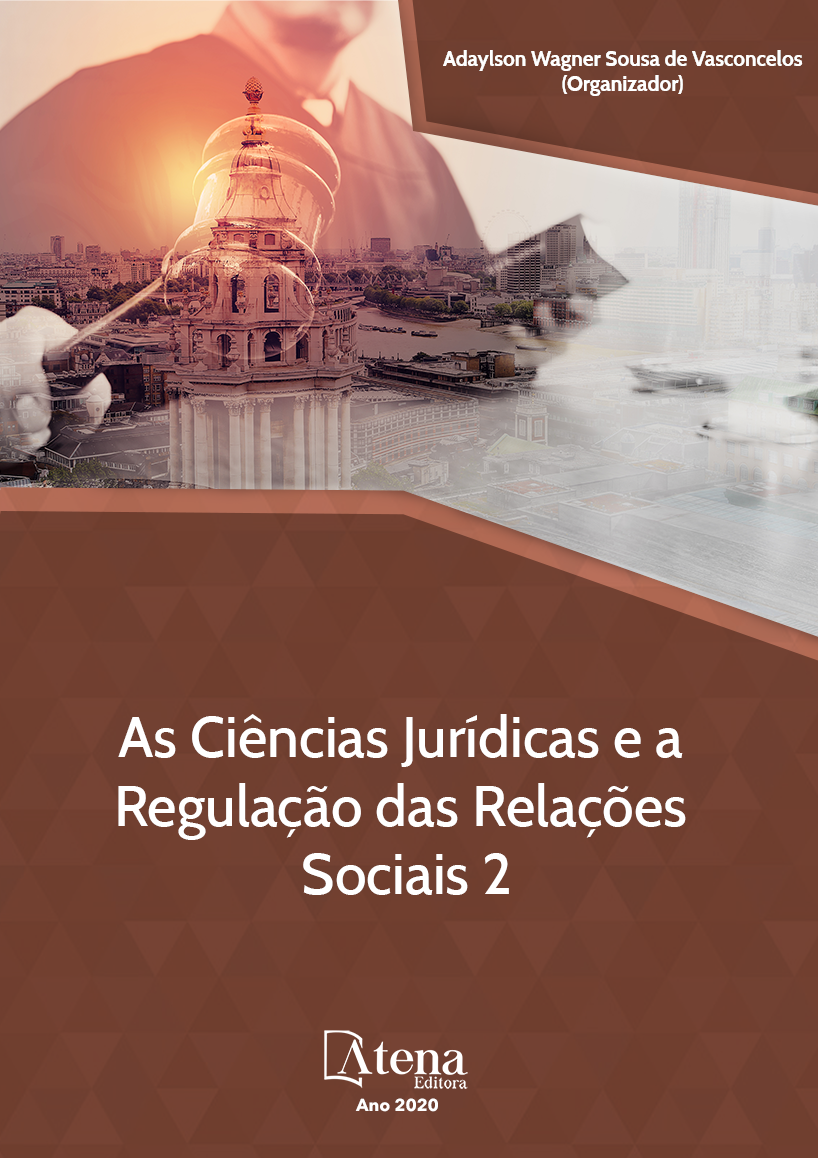
A ESTABILIZAÇÃO DA TUTELA ANTECIPADA EM CARÁTER ANTECEDENTE: UMA ANÁLISE DO JULGAMENTO DO RECURSO ESPECIAL Nº 1.760.966
O Novo CPC instituiu o procedimento
de tutela antecipada em caráter antecedente
e previu que a decisão que defira tal tutela de
urgência deve ser combatida, nos termos do
art. 304 do CPC. A técnica legislativa redacional
foi clara ao afirmar que deve ser interposto o
respectivo recurso contra esta decisão sob
pena do processo ser extinto e estabilizarse
a tutela antecipada deferida em caráter
antecedente. O cerne do problema é saber qual
a interpretação mais adequada do art. 304 do
Código de Processo Civil. A questão é complexa,
pois envolve a própria interpretação do Novo
Código de Processo Civil a partir das próprias
premissas estabelecidas por ele mesmo em
seus dispositivos inaugurais. Ou seja, o Código
de Processo Civil estabeleceu que a legislação
processual deve ser aplicada e interpretada a
partir dos princípios constitucionais aplicáveis.
Neste caso, constata-se que o abreviamento
da demanda em razão da omissão do Réu
em apresentar Agravo de Instrumento contra
a decisão que deferir a tutela antecipada em
caráter antecedente pode configurar lesão a
direitos fundamentais tais como o da ampla
defesa e do contraditório. Verifica-se, portanto,
a importância do tema em discussão, eis
que o art.304 do Código de Processo impõe
determinadas limitações ao exercício do direito
de ação e obrigação ao Réu ao qual ele possa
não ter o interesse de cumprir e tão somente
o fará com a intenção de poder permanecer
litigando. A obrigação de apresentação de
recurso nessa hipótese merece melhor estudo
e aprofundamento diante da complexidade do
tema.
A ESTABILIZAÇÃO DA TUTELA ANTECIPADA EM CARÁTER ANTECEDENTE: UMA ANÁLISE DO JULGAMENTO DO RECURSO ESPECIAL Nº 1.760.966
-
Palavras-chave: Tutela antecipada antecente. Recurso. Estabilização.
-
Keywords: Early button background. Resource. Stabilization.
-
Abstract:
The New CPC instituted the
anticipated guardianship procedure in advance
and provided that the decision defending
such urgent guardianship must be opposed,
pursuant to art. 304 of the CPC. The drafting
legislative technique was clear in stating that
the respective appeal against this decision
should be filed under penalty of the case being
extinguished and stabilizing the anticipated
protection granted in advance. The crux of the
problem is knowing what is the most appropriate
interpretation of art. 304 of the Code of Civil Procedure. The issue is complex because
it involves the very interpretation of the New Code of Civil Procedure from the very
premises established by himself in his inaugural provisions. That is, the Code of Civil
Procedure has established that procedural law must be applied and interpreted from
the applicable constitutional principles. In this case, it is clear that the abbreviation
of the claim due to the Defendant’s failure to present an Interlocutory Appeal against
the decision granting the anticipated protection in advance may constitute damage to
fundamental rights such as broad defense and contradictory. Therefore, it is verified
the importance of the subject under discussion, behold that article 304 of the Code
of Procedure imposes certain limitations on the exercise of the right of action and
obligation to the Defendant to which he may not have the interest to comply and only
the will do so with the intention of being able to remain in litigation. The obligation of
appeal in this hypothesis deserves better study and deepening in view of the complexity
of the theme.
-
Número de páginas: 15
- Thiago André Marques Vieira
- Larissa da Luz


